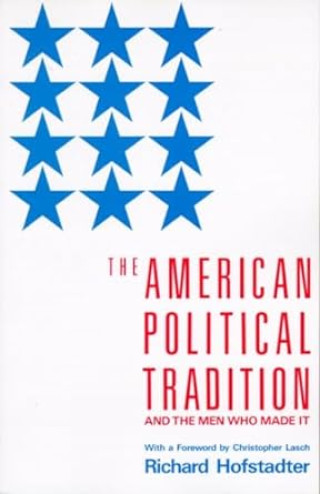Hahn defines illiberalism as being founded, like its liberal adversary, on a key set of principles. Illiberalism emphasizes a “suspicion of outsiders” to the community that justifies the “quick resort to expulsion.” In this tradition, the needs of the community triumph over the individual, and rights are limited to both local geographic spaces and a small number of actions. “Cultural homogeneity” is prized over pluralism and difference, and “enforced coercively.” Illiberal politics demand resistance to some forms of authority—especially to state functions like taxation and regulation—while submitting to others, including religion.
To puncture the architecture of Louis Hartz’s argument, Hahn begins the book by rejecting the assertion that the nation was born without a feudal tradition and was always moving in the direction of enlightened belief. The colonists, Hahn suggests, clearly expressed “neo-feudal” ambitions. He points to the harshness of indentured servitude in the Colonies: In the mid–eighteenth century, most Europeans in the American Colonial countryside were “tenants, laborers, and servants as they lived in states of dependency (wives and children) in the households of property owners.” Between 20 and 30 percent of the workforce in the Virginia and Maryland Colonies were indentured servants, treated as the property of their masters. Corporal punishment was a common way to control workers. The cost for trying to escape usually entailed whipping, lashings, and beatings. Few ever enjoyed the “freedom dues” that were promised when someone finished their contract, because the mortality rate was so high for servants as a result of disease and sheer exhaustion. Of course, the other forced labor pool available to wealthier whites were enslaved Africans who lived under brutal conditions and were stripped of their humanity. Hahn’s disturbing origins story is not just a tale of a people who were “moving toward something more open, more tolerant and more liberally included,” he writes, but also of a country shaped by “neo-feudal dreams, regimes of coerced labor, social hierarchies, and strong cultural and religious allegiances.”
In the 1830s, the era of “Jacksonian Democracy,” illiberalism inspired recurring bouts of white terrorism. Andrew Jackson made his name, Hahn reminds us, not just through the Battle of New Orleans in 1815 but with brutal assaults on the Seminole and Creek Nations, on fugitive slaves, and with the Indian Removal Act of 1830. The 1830s witnessed ferocious assaults on Native Americans, Black Americans, Roman Catholics, and Mormons. This period, Hahn writes, saw “a political culture that thrived on sidearms, street gangs, truncheons, and fists as well as rallies, conventions, and grassroots mobilizations.”

